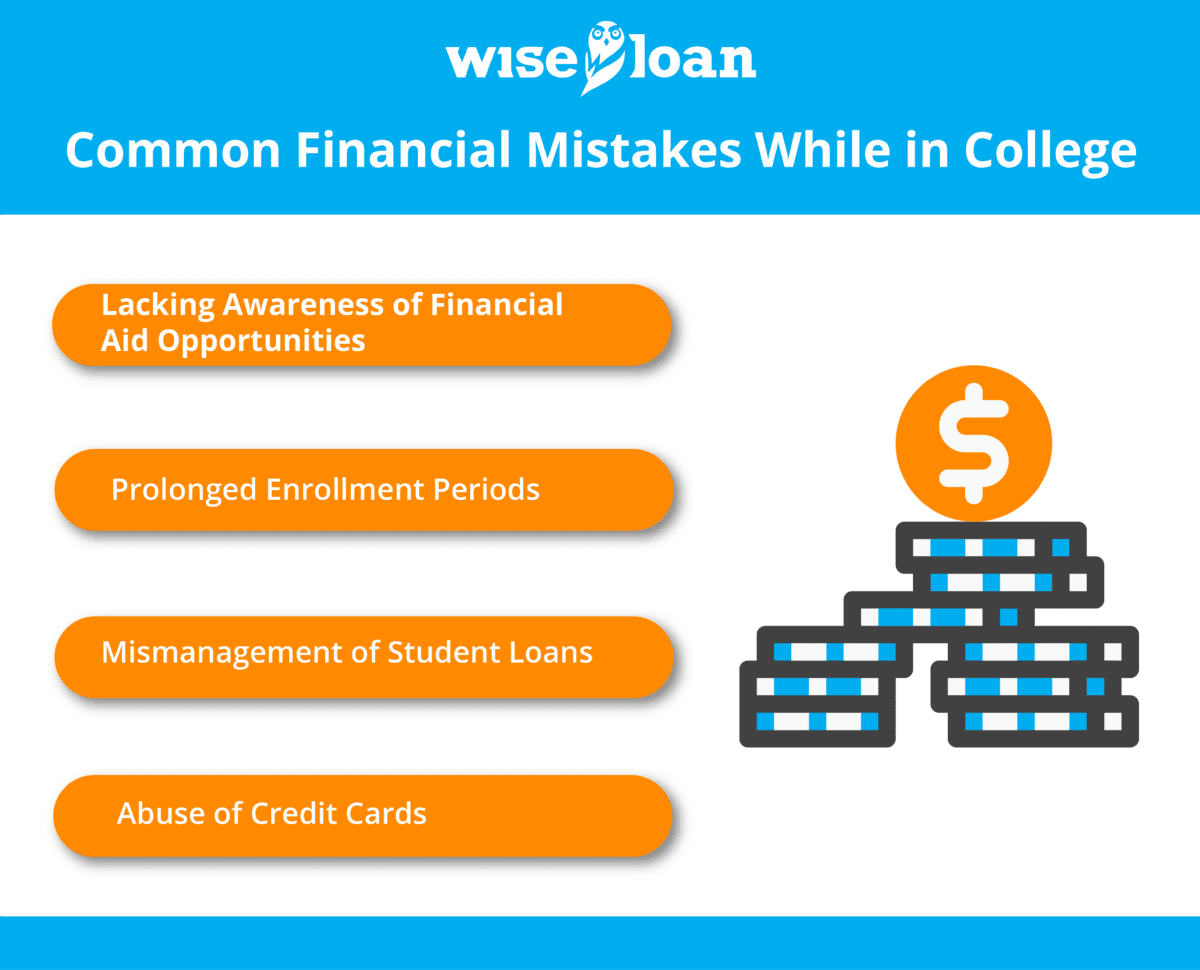College stands as one of the most exhilarating and unforgettable periods in a young individual’s life. It serves as an avenue for education acquisition, forging lifelong friendships, and unearthing new passions. The impact of college extends even further, significantly shaping one’s financial trajectory, given that obtaining a degree can unlock access to lucrative career paths marked by rewarding salaries. Yet, financial missteps during these academic years can haunt graduates, burdening them with debt and compromised credit scores long after they’ve received their diplomas. Gaining insight into the errors made by others can effectively shield both present and future college students from stumbling into similar pitfalls.
Lacking Awareness of Financial Aid Opportunities
A substantial number of students enter college with minimal awareness of the financial aid resources readily available to them. According to research conducted by the Institute for College Access and Success, a staggering 65 percent of college students remain oblivious to their eligibility for financial assistance, while an even higher 72 percent remain in the dark regarding potential scholarships and grants that they might be eligible for.
Abuse of Credit Cards
Jeet Singh, a junior majoring in geology, recounted his experience with the allure of a shiny, new piece of plastic. “My first credit card was actually signed up for by my mother,” Singh revealed. “She emphasized that it was strictly for emergencies, nothing beyond that. However, I thought making a few minor purchases here and there wouldn’t be an issue.” Regrettably, Singh’s seemingly innocuous spending quickly snowballed into a substantial $7,000 debt. Struggling with a lack of employment, Singh found it impossible to keep up with payments, placing both him and his co-signing mother in the precarious pit of credit card debt. Credit cards come with steep interest rates and concealed layers of fees. The ramifications of reckless credit card use reverberate through one’s financial situation and credit score, echoing for years to come.
Mismanagement of Student Loans
Student loans are designed to cater to education-related expenses, yet some students misuse these borrowed funds, triggering considerable financial distress post-graduation. Often realized too late, the interest on such loans accumulates rapidly, sometimes negating the very purpose of pursuing higher education to enhance earning potential.
Prolonged Enrollment Periods
While college undoubtedly represents a valuable investment, it’s imperative to chart out the course of the upcoming four years before enrollment. Additional semesters due to inadequate planning can translate into thousands of dollars in additional expenses. Students should assess not only the return on investment associated with their chosen degree but also the feasibility of completing the intended workload within four years or less. Some fields, such as accounting, may require a five-year commitment. Thorough research serves as a safeguard against unforeseen financial burdens down the road. Stay vigilant!
Reference: MagnifyMoney.com

The recommendations contained in this article are designed for informational purposes only. Essential Lending DBA Wise Loan does not guarantee the accuracy of the information provided in this article; is not responsible for any errors, omissions, or misrepresentations; and is not responsible for the consequences of any decisions or actions taken as a result of the information provided above.











